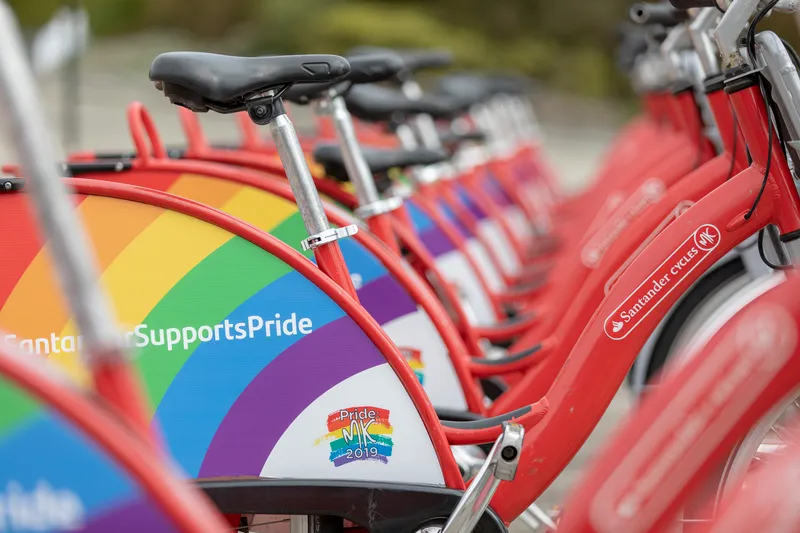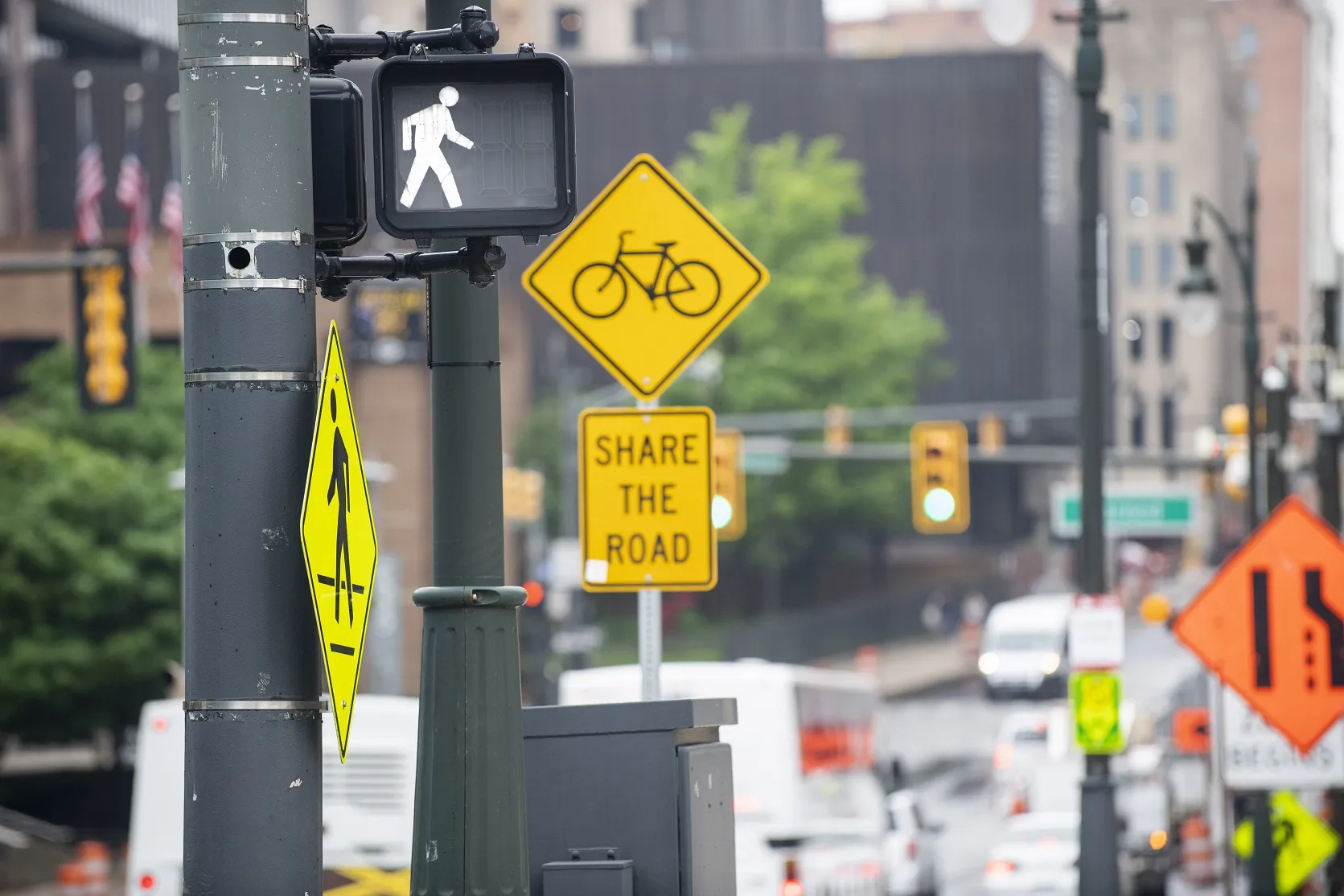
Milton Keynes has selected three providers of e-scooters to make the town the first UK urban area to add e-scooters to a bike-share operation.
The town’s decision comes four weeks after the UK government agreed to legislative changes to allow e-scooter trials on British roads.
Spin — the micromobility unit of Ford Motor Company — and Lime are two of the providers and will have their e-scooters available later this month.
Both companies are headquartered in San Francisco in the US state of California.
Milton Keynes is Spin’s sixth international location and the second European country into which it has launched its e-scooters in the past two months, said Felix Petersen, head of Europe at Spin: “Communities around the world are recognising the importance of two-wheel, sustainable transportation.”
Meanwhile, Lime will have an initial fleet of 250 e-scooters alongside its current e-bike service in the city, according to a report in the town’s newspaper, MK Citizen. Lime has committed to eventually providing a fleet of up to 500 of the company’s latest e-scooters for rental based on expected demand.
Peter Marland, leader of MK Council, said that following trials of technologies like shared e-bikes and autonomous delivery robots, Milton Keynes will now be home to the country’s first large scale e-scooter trial.
“At a time when residents are in need of safe, environmentally friendly and socially-distant means of transport, we’re thrilled to be the first UK city to provide this type of large e-scooter [national] trial," he said.
An MK Council spokesman said they can be ridden along the town’s Redways path system, minor housing estate roads and pavements.
Redways is a network of more than 200 miles of shared-use paths for cyclists and pedestrians. For the most part Redways are surfaced with red tarmac and criss-cross the city, thanks to the town’s grid system of roads – an unusual urban road pattern for the UK but possible because the town is a planned urban area.
To hire an e-scooter, which can go up to 14.8mph, the driver must be aged 18 or over and hold at least a provisional – learner’s - driving licence. The council is also working on a so-called geofencing plan whereby e-scooters will not be able to go on roads that are in excess of 30mph.








